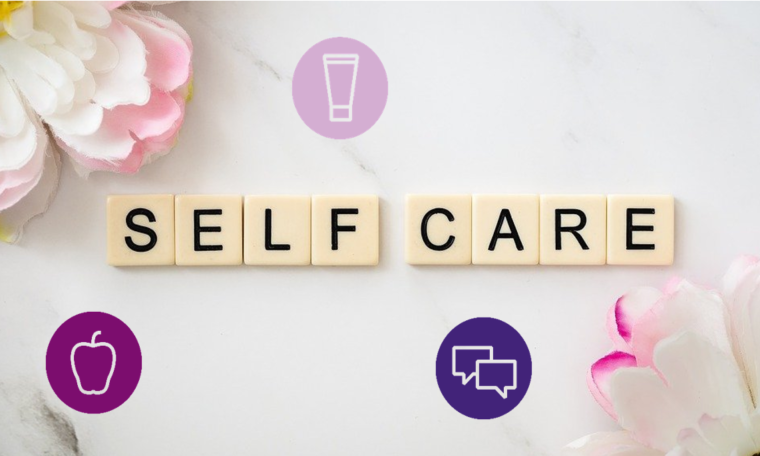
Self-Care refers to the actions that individuals take for themselves, on behalf of and with others, in order to develop, protect, maintain and improve their health, wellbeing or wellness. From a marketing perspective, ‘Self-Care’ covers a large range of products and services ranging from foods and supplements, weight management products and therapies (including alternative and complementary therapies), to over-the-counter (OTC) medicines and medical devices.
Here are a few things that marketers will need to consider if they are advertising these types of product.
Foods and food supplements
A balanced diet is vital to health and well-being but marketers of foods/drinks and food supplements should be aware that there are specific rules in the CAP Code which restrict advertising claims that suggest a link between a food product and health. This CAP Advice provides an overview of the rules.
Only authorised health claims listed in the Great Britain Nutrition and Health Claims Register (the GB NHC Register) can be used in ads, and only if the product can satisfy the conditions of use. Claims need to be made in relation to the ingredient, rather than the product as a whole, and although some flexibility in the wording may be permitted, any change must have been made to improve consumer understanding, reworded claims must have the same meaning and they must not exaggerate the authorised claim.
Medicines and medical devices
Self-care covers those general and OTC medicines which are licenced for use by the medicines regulator (the MHRA). Marketers of licensed medicines are reminded that advertising claims should be in line with the summary of product characterises (SPC) that accompanies that licence.
Social media influencers can play an important role in spreading messages of self-care, but caution is needed if marketers want to use an influencer to promote a medicine. This is because choosing an individual who has a sway over the marketing decisions of a specific audience could breach advertising rules when used to promote medicines. This is explained further in this AdviceOnline entry and in our previous article.
Marketers are reminded that medicinal claims are not permitted for unlicensed products. Medical devices also need to be appropriately certified before medical claims are permitted. Marketers must also hold robust clinical evidence to support the medicinal claims they make in their ads for certified devices.
Weight control and slimming products
Maintaining a healthy weight is considered a significant element of self-care. Ads for weight-control products and programmes are generally permitted, but claims are subject to specific rules.
As well as being mindful of the rules on weight-control claims (including specific restrictions on food products and medicines), marketers should also carefully consider their role in ensuring weight-control products are promoted in a responsible way, especially when using influencers. In 2019 the ASA ruled that a food product advertised by an aspirational influencer amongst young people was irresponsible for multiple reasons, which included the editing of images to make her look artificially thin. Similar concerns were investigated in relation to influencer ads for a prescription-only weight control product.
For further guidance, see our AdviceOnline entries and if you need bespoke advice on your non-broadcast ads then our Copy Advice team are here to help.
More on
-
Keep up to date
Sign up to our rulings, newsletters and emargoed access for Press. Subscribe now.


